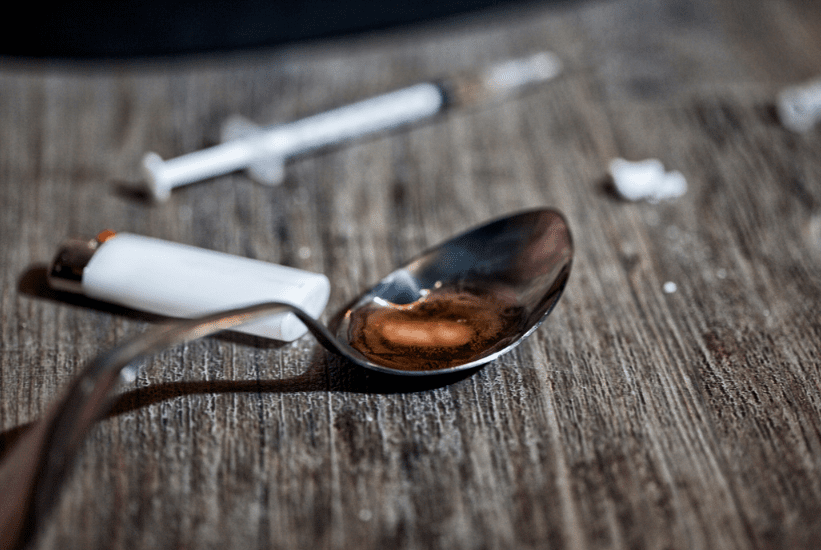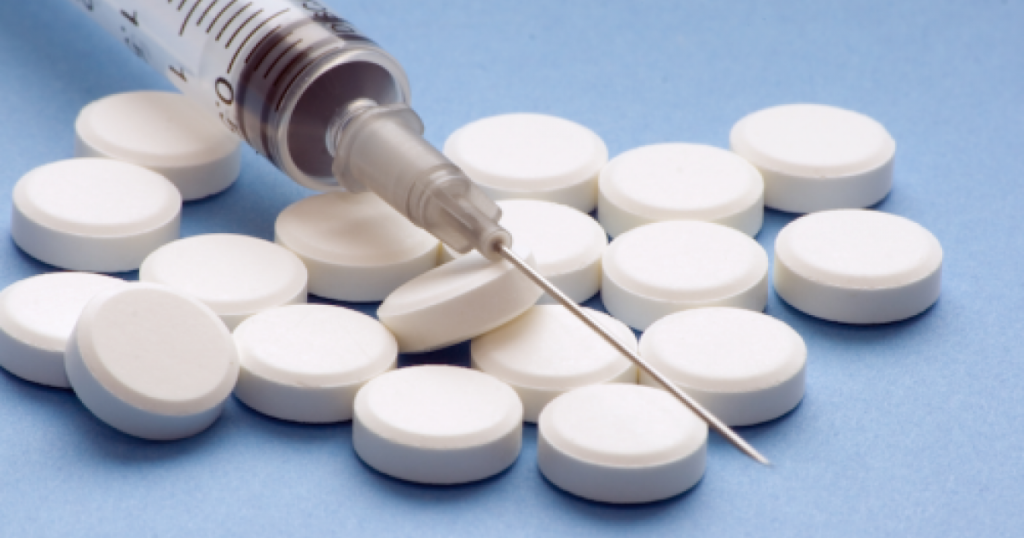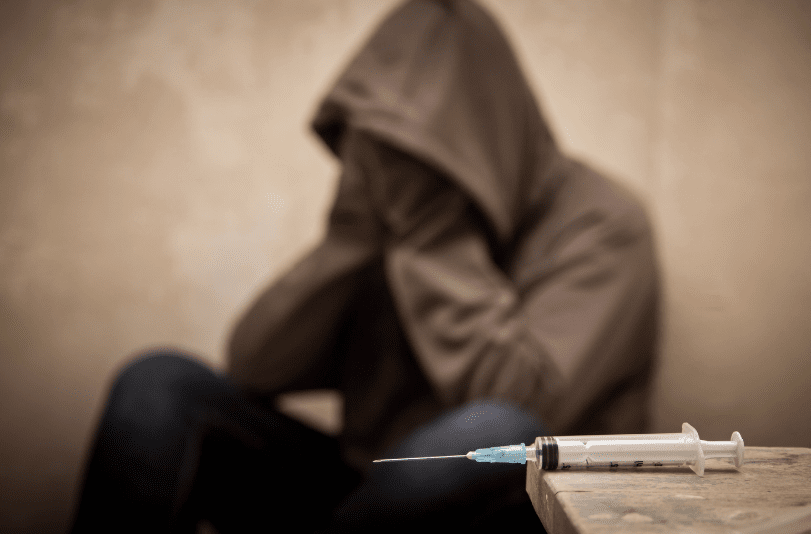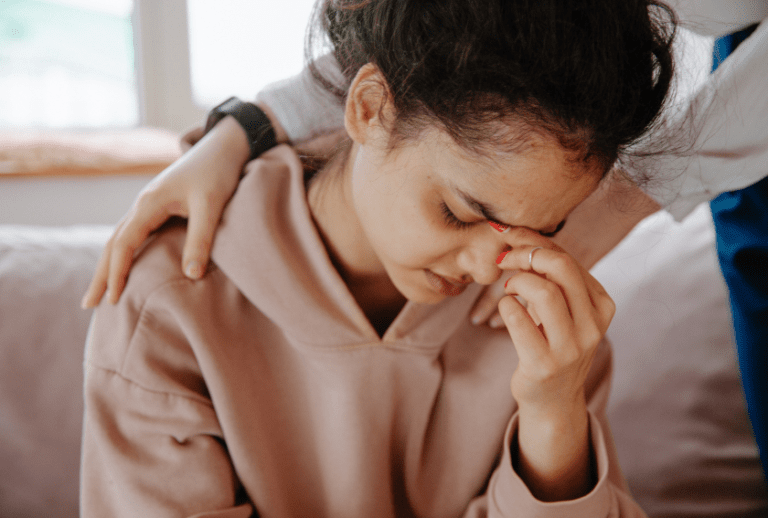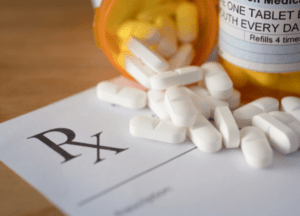The Importance of Needle Exchange Programs
Needle-exchange programs are a controversial topic, with both supporters and opponents. On the one hand, needle-exchange programs aim to reduce the spread and spread of diseases like HIV and Hepatitis C. On the other hand, opponents believe that these programs encourage drug use and drug abuse. This article will explore some of the most important reasons to support needle-exchange programs.
What is a Needle Exchange Program?
A needle exchange program (NEP) is a service that provides clean needles to intravenous (IV) drug users in order to prevent the spread of diseases like HIV and hepatitis. Users can then return their used needles to be destroyed. In some places, these programs also provide other services like testing for HIV and other STDs, medical advice, and condoms.
Needle exchange programs are one of the most effective methods to combat the opioid crisis. They help reduce the amount of risk associated with drug use and also prevent the spread of infectious diseases.
Why are Needle Exchange Programs Important?
Because they reduce the amount of risk associated with drug use and help prevent the spread of infectious diseases. In order to effectively combat the opioid crisis, the use of illicit opioids has to be reduced as much as possible. The only way to do that is by limiting access to them. Needle exchange programs help curb the spread of infectious diseases and drug abuse by providing addicts with clean needles to use instead of sharing, thus reducing their chances of contracting HIV or other deadly diseases.
Why Should Opioid Addicts Participate in Needle Exchange Programs?
They are fundamentally changing their lives for the better! Many people who inject drugs struggle with mental health issues and substance abuse, but through participating in a NEP, they can begin to gain control over their lives and achieve long-term sobriety. Studies have shown that the most effective method of encouraging drug users to inject is by offering clean needles.
Needle exchange programs also provide a sense of community, allowing people to connect with one another and receive the support they need to stay clean.
Participating in NEPs can help people address underlying issues that contributed to drug abuse and build a support network of sober friends who can help them overcome their addictions.
How Does a Needle Exchange Program Work?
A single nonprofit organization generally runs a needle exchange program. They’ll usually partner with law enforcement, health departments, or some other organization to operate their program. Users who want to get clean needles can come to the program, get screened and get a voucher for a clean needle, then go to a designated location to use their voucher. Program workers destroy the unused needles.
To be eligible to use the program, participants must prove they’re drug users. They’ll receive a clean drug test voucher that they bring to the exchange so they can get screened. They can’t receive money or other goods in exchange for the test and can’t use it for any other purpose, like buying drugs.
Those who pass the test can get a voucher redeemable for one syringe and one test. The voucher has a number that connects users to the exchange and a time limit for redemption. If people don’t redeem their vouchers, the program will destroy them.
How to Get Involved With Needle Exchange Programs
Participate in community engagement activities during the implementation phase. In addition to the program’s other activities, this includes inviting members of the public to attend drop-in events and answering questions about the program.
Educate your community about the importance of NEPs. Public awareness is key to bringing about lasting change when it comes to decreasing opioid use. You can do this in several ways, including posting information on social media, hosting community discussions, and distributing information through printed materials or videocassette.
How to Overcome the Opioid Crisis
Needle exchange programs help curb the spread of infectious diseases and drug abuse by providing addicts with clean needles to use instead of sharing, thus reducing their chances of contracting HIV or other deadly diseases.
The best way to end the opioid crisis is to reduce the demand for illicit opioids by limiting access to them. This can be done by increasing opioid prescription monitoring, implementing prescription drug monitoring programs, and improving clinical practice guidelines for pain management.
How You Can Help End the Opioid Crisis
Needle exchange programs help curb the spread of infectious diseases and drug abuse by providing addicts with clean needles to use instead of sharing, thus reducing their chances of contracting HIV or other deadly diseases. The best way to end the opioid crisis is to reduce the demand for illicit opioids by limiting access to them. Public awareness is key to bringing about lasting change when it comes to decreasing opioid use. You can do this in several ways, including posting information on social media, hosting community discussions, and distributing information through printed materials or videocassettes.
These are just a few of the ways that needle exchange programs help curb the opioid crisis. If you’re struggling with opioid addiction, don’t hesitate to reach out for help. Whether you need treatment or support to overcome your addiction, you can find it by visiting your nearest treatment center today.
Oasis Recovery is Here For You
If you feel that you or a loved one may be struggling with substance abuse, you are not alone. Substance abuse and addiction can affect anyone. If you or a loved one are currently struggling with addiction, help is available! We encourage you to reach out to the professionals at Oasis Recovery to learn more about our personalized treatment programs and mental health services.
Oasis Recovery was founded from firsthand experience of addiction and recovery, with a mission of providing a space where people can heal from addiction in a compassionate, creative, open-minded, and heart-centered environment. We believe recovery is always possible. Our experts work with you to design a treatment plan that fits your needs. Common treatment programs include:
- Intensive Outpatient Programs (IOP)
- Full-time Addiction Treatment on campus
- Aftercare Services
Contact us today for more information about how our programs and services can help you get your life back on track. You no longer have to struggle with addiction on your own. We are here to help.



